Mali and Burkina Faso recorded most extreme heat in what scientists called a once-in-a-200-year occurrence.
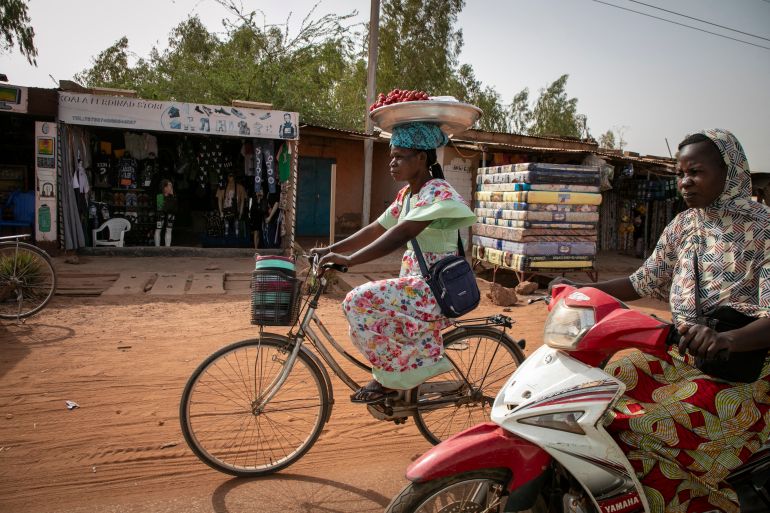
Mali and Burkina Faso recorded most extreme heat in what scientists called a once-in-a-200-year occurrence.

The effect the carbon footprint of rich countries is having on developing nations who enjoy very few of the benefits.

A mass bleaching event caused by high ocean temperatures is threatening the survival of coral reefs around the world.

German Chancellor Olaf Scholz has been on a three-day visit to China in a bid to shore up economic ties.

The 2,300km (1,429-mile) reef is in its fifth mass bleaching event since 2016 and aerial surveys reveal scale of damage.
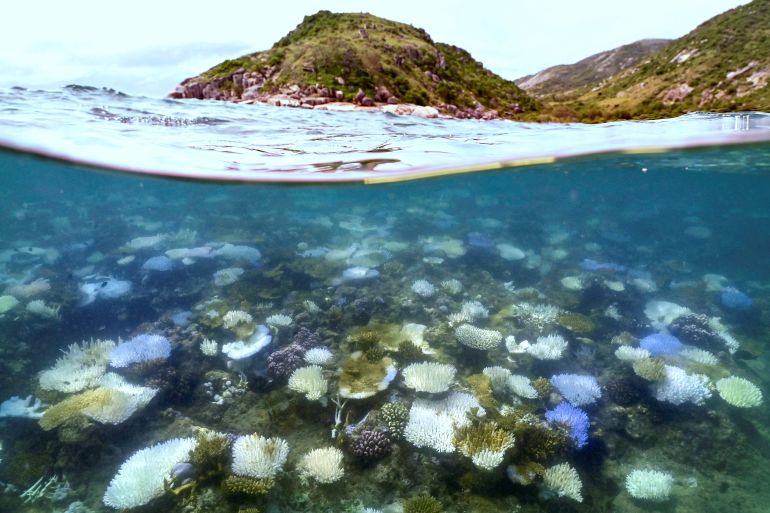
Colombia has stopped electricity exports to Ecuador as both countries grapple with diminished hydroelectric reservoirs.
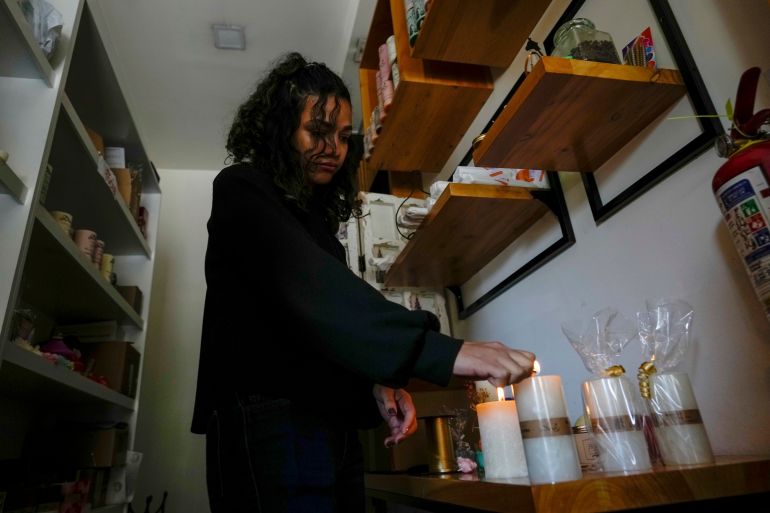
The project is already devastating local communities and will contribute to climate change if completed.

Many deaths have been reported in the northwestern province of Khyber Pakhtunkhwa bordering Afghanistan.
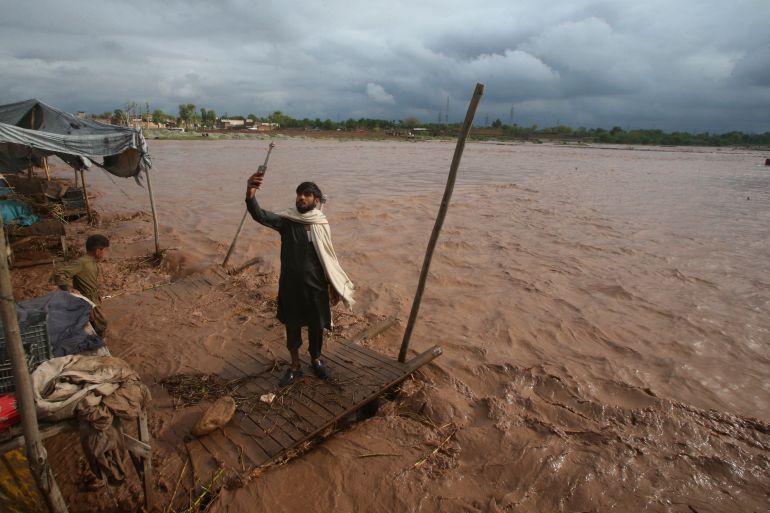
Canadian province supplies most of the world’s maple syrup, but climate change is raising new questions for producers.

Scientists warn that many of the world’s reefs may not recover from the intense, prolonged heat stress.

Kurgan and Tyumen regions of Russia, and parts of Kazakhstan, are threatened by some of the worst flooding in history.

More than 100,000 people have been affected by the flooding, which has hit Tanzania’s coastal areas hard.
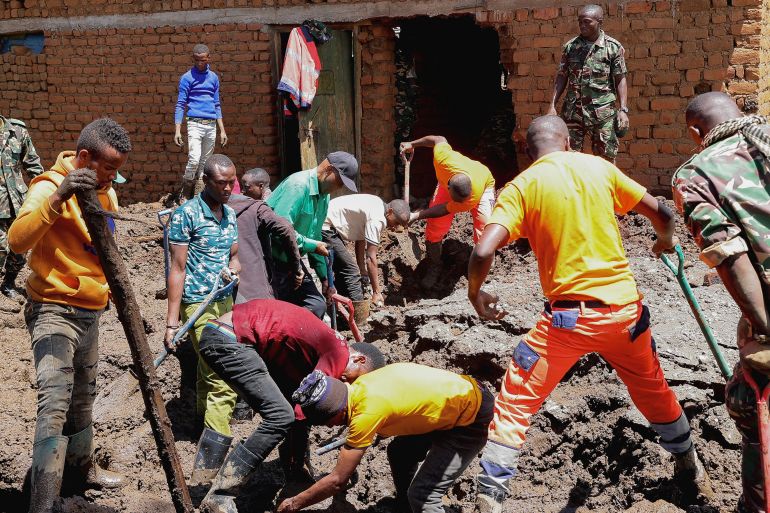
Most casualties have been from roof collapses, while some 600 houses have been damaged or destroyed, authorities say.

Further warning that our planet faces irreversible damage without urgent action.
